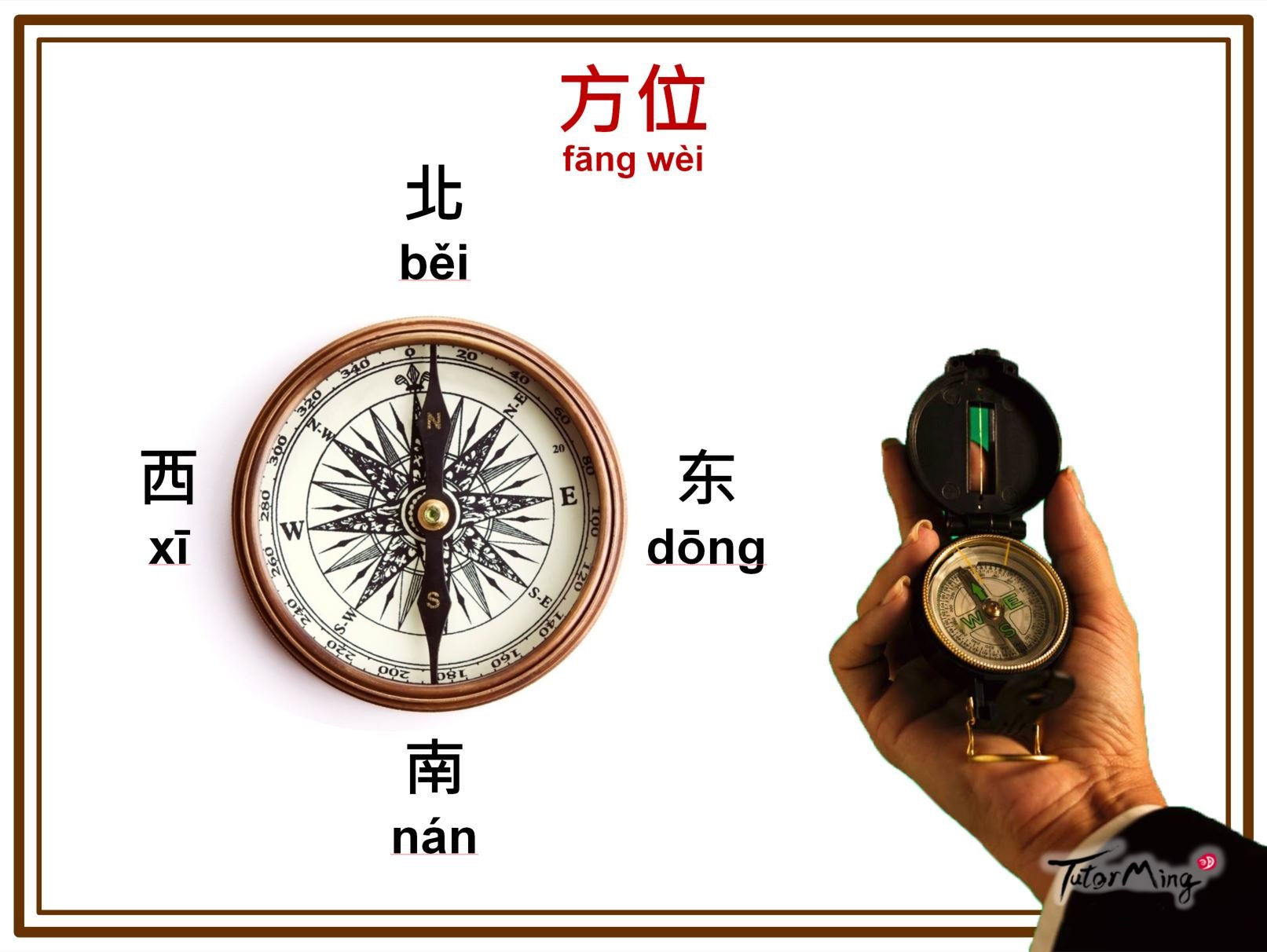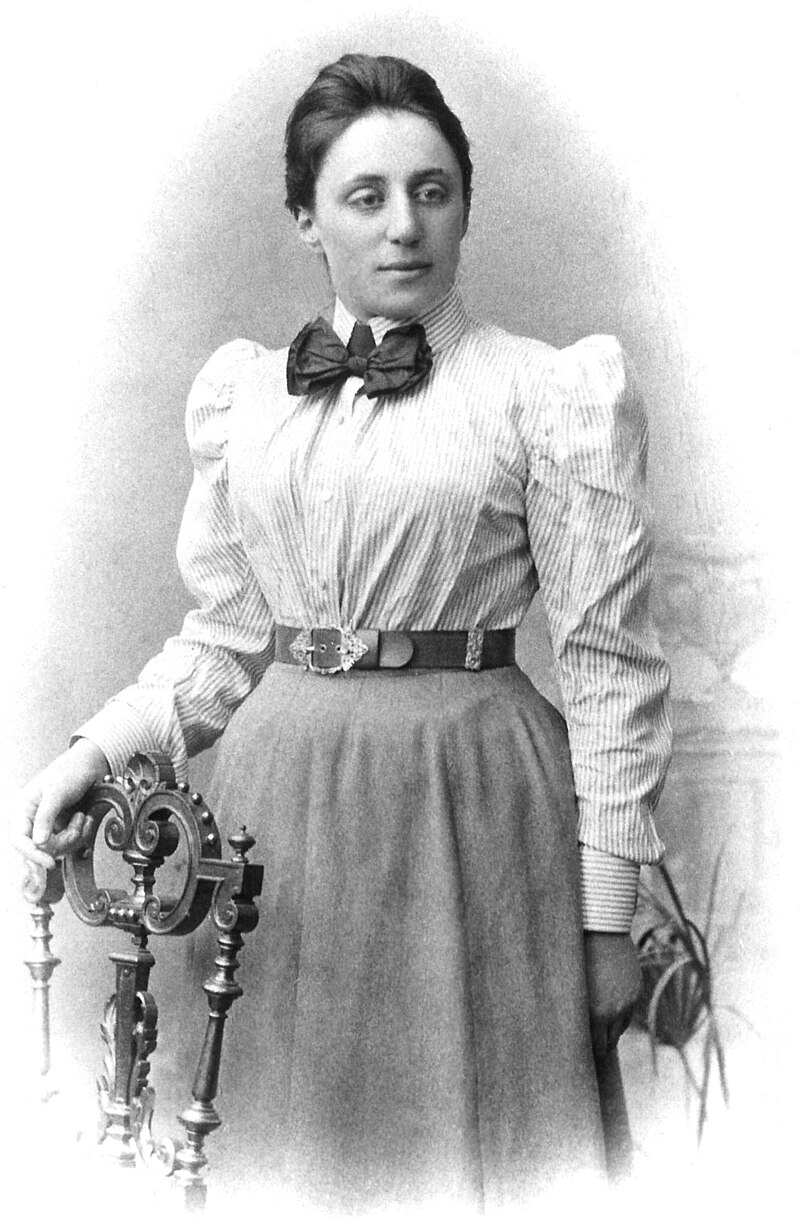1986
Corsica, France
It was the summer before my junior year and this time I was spending a full six weeks in Corsica with my aunt and uncle at my grandfather’s house in Corsica. My buddy Erec had come along and that idyllic summer was filled with swimming, water skiing, hiking, eating, snorkeling, and afternoon siestas following late night dinner parties. One day we took a boat all the way out to the small isle of Monte Cristo (a real place!) and had a flying fish land in the boat! I remember sending hopeful postcards to a girl I had had my eye on in algebra class the previous school year. I felt like life was just beginning and it was beautiful and full of possibilities.
We all were living downstairs while my grandfather was slowly dying upstairs. He had been in declining health for years and this particular summer he was coming in and out of a coma into which the doctors told us he would one day just disappear. My aunt and uncle were taking care of him in the house as is the custom in the Mediterranean and I would sometimes read to him aloud a letter than my mother had written him from America. The juxtaposition of my vibrant youth and his dying days is a memory that lies at the heart of who I am - like a pillar around which my other emotional experiences are draped.
One night, Erec and I had been left to fend for ourselves and to keep an eye on my grandfather so my aunt and uncle could take a much needed break with friends on the other side of the island. They had a monitor set up so my grandfather could call for help if he happened to wake up and needed something. However, he never woke up that particular night and all we ever heard was the deep gasping breath with its laden pauses that only a person near death and in a coma can produce. How clearly I can remember those long pauses and the waiting. Eventually you would hear a catch followed by a painful, ethereal inhalation of breath that was frankly frightening. A storm moved in and one of the lightning bolts came down so close it popped all the fuses. I had to get a flashlight and Erec and I would go outside, up the external stairs, in the wind and the rain and the lightening, to get to the upstairs fusebox. The craziness of the storm shut out by the closing of the heavy door at the top of the stairs. In the silence, my grandfather’s painfully morbid breathing filled the darkness.
One day, about a week before he died, we were having an outdoor dinner party and he suddenly appeared like an apparition. Clean shaven and dressed, no one saw him make his way downstairs to join us all at the table. He hadn’t even gotten out of bed in the previous 10 days, but there he was looking us all soberly in the eye and making jokes about getting old and, in his own quiet way, saying his goodbyes. That was the last time any of us heard him speak. Much later, after the funeral, my uncle told me my grandfather had asked him “When does Kenny leave?” “Not for another 3 weeks,” my uncle replied. “Oh, I won’t be able to hold off that long…”
He died quietly one night and, in the morning, as Erec and I were getting ready to go out for a run, my uncle called softly through the window: “Ken, you must call your mother. Tell her Papy has died.” I paused for so long he called again “Did you hear me?”. I remember the shocked look Erec gave me when I said under my breath, without thinking, “This phone call is going to be a killer.” My uncle dialed the number and my Mother’s voice was initially so excited to hear from me. As I realized I was the one to deliver the bad news, the one to turn her excitement over getting a call from her son to the dread of facing the death of her father, I felt all the layers of my being imploding inward. She asked, “Is everything all right?” into the silence on my end. All I could get out was a faint “No…” There was moment where time stopped and nothing happened. Then my aunt kindly saved me by saying to my uncle “Take the phone – can’t you see he can’t do it?”
At the funeral, a distant relative stopped in front of Erec and asked “Are you the grandson?” and I cried “Non, c’est moi!” too loudly and everyone looked up, startled. I recall the strength with which my right hand gripped the wrist of the left hand. As if by squeezing hard enough I could contain the sorrow and stop the tears from flowing. To this day, if I am trying to control my emotions, my right hand clamps down on my left wrist like a manifestation of my conscious self asserting dominance over the emotional part of my brain. On that day, I did hold back the tears for a long time. I’m not sure why I tried so hard, but I think part of me was worried that, once I started, I would never be able to stop. I didn’t even cry when I saw my uncle discretely place the latest letter from mom, unopened, inside my grandfather's jacket as he lay in his open casket. Eventually the time came to close the casket and one of the workers used a power drill to screw in the cover of the coffin. The shrill mechanical screech that ended abruptly each time a screw hit its limit was just too much and I burst into tears and sobbed so hard I thought my face would melt away.
When I remember my grandfather, I usually go back to an earlier summer day when I was eight or so and a different storm had moved in while the family was at the beach. As the waves rose higher and higher, everyone else left except for the two of us. We played in the waves as they crashed into the shore with frightening intensity. He would throw me over the waves, into the waves, over and over again. At one point a rescue helicopter hovered overhead to see if we needed help. We laughed and laughed and I felt so alive…Even now, I can close my eyes and feel that moment. Perhaps that joy is at the center of that emotional pillar that all my other experiences are draped upon...

























